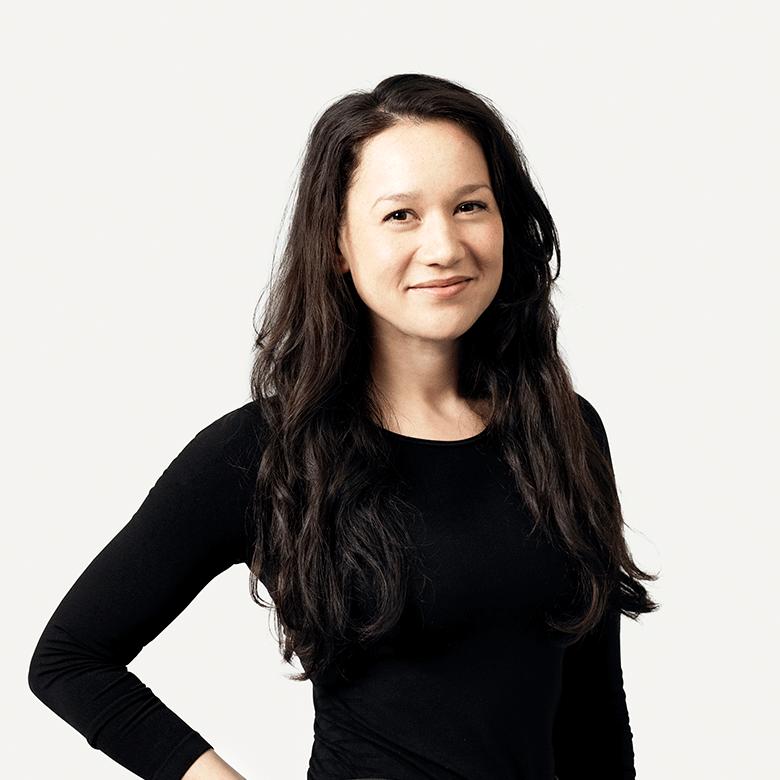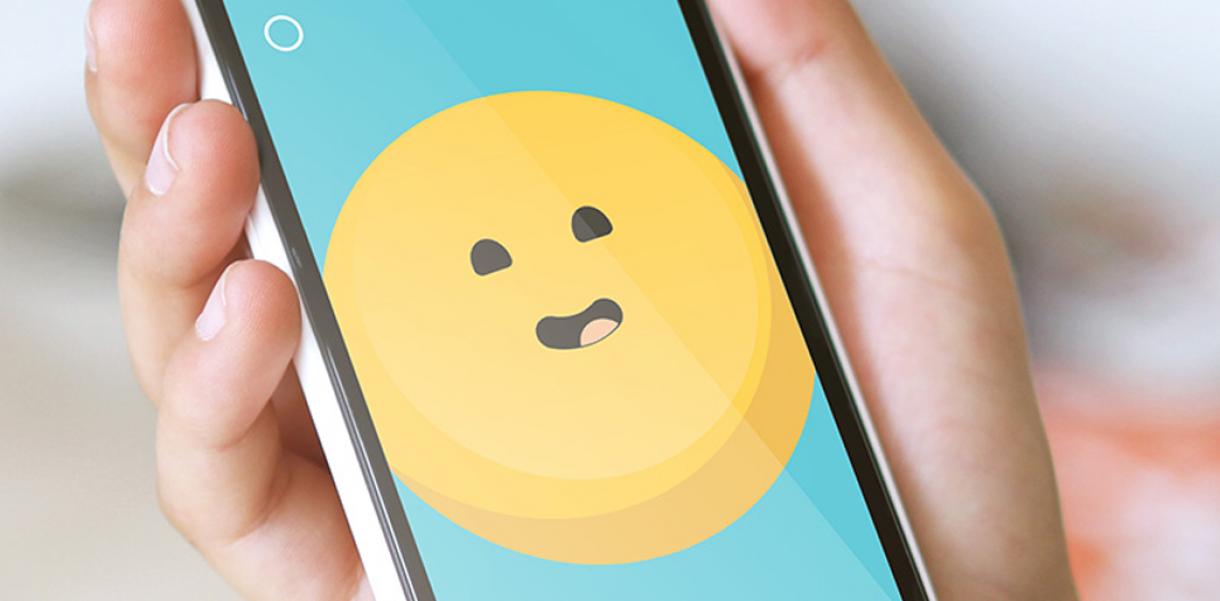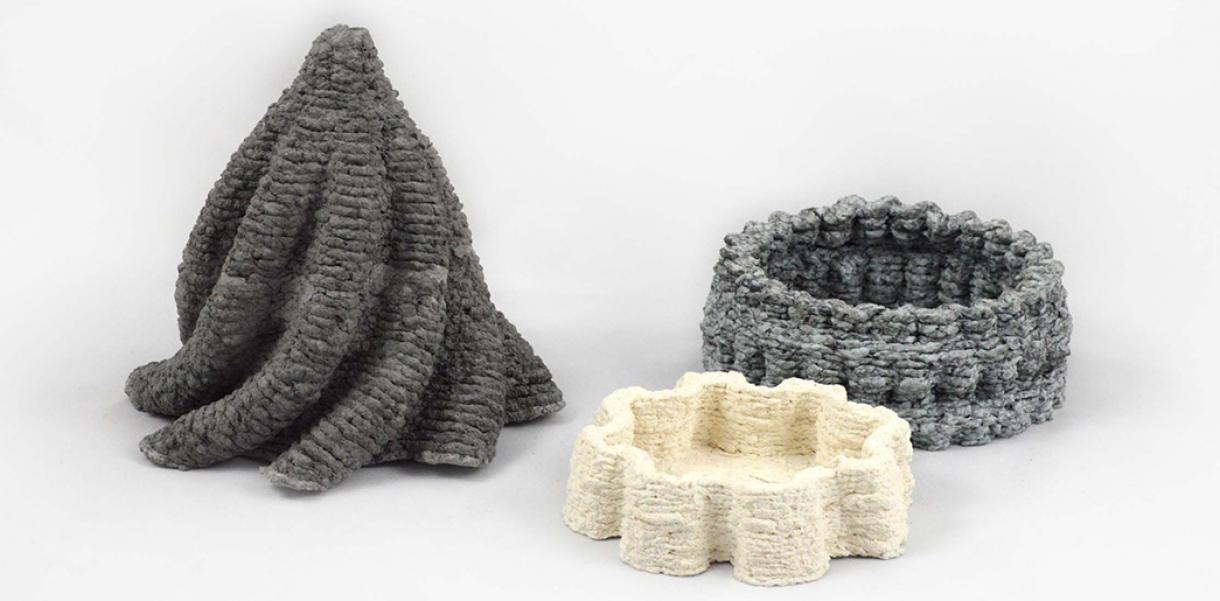Stephen Hawking's robotic voice from the '80s is a universally-recognised trademark. But since, speech synthesis has seen little innovation, meaning millions still speak with a computerised voice that bears no resemblance to who they really are.
This month, the Founder of VocaliD, Rupal Patel, shares how her team uses AI to give people back this critical piece of their identity: a voice that's uniquely theirs. As a pioneer in the field, Patel shares powerful stories of how the tech is changing lives and where she sees it heading — beyond Siri and Alexa — to serve society's greater needs.
"There's a lot of devices now that have the capability to talk and to listen," explains Patel. "There's an investment needed to make these voices sound unique, understandable and natural. "Oftentimes with language and speech, functional is the first bar, then as you get adoption at a grand scale, the next piece is to do the things that really make us human [and] in terms of communication, that's inflexion and variety that frankly we just don't have today."
Just like Hawking, millions of people today can't physically speak due to illness or injury. They use, if they're lucky enough, communication devices to type into a keyboard, or even their eyes, to have their words transformed into computer-generated speech.
"I walked into an exhibit hall and witnessed a little girl and a grown man having a conversation using their own different communication devices but in the same voice," explains Patel. "I was struck by the lack of individuality and felt it was important to create a solution that would give every individual a unique voice, regardless of their vocal ability."
"As soon as it played it, we could see this very emotional rush on John's face, and his whole body actually started to shake."
VocaliD creates tailored voices for those who suffer from speechlessness using a bank of donor voices combined with the recipient's vocalisations. They're also helping those who know they'll lose their voice, say to Amyotrophic Lateral Sclerosis (ALS) or cancer removal, record and store their own voice for future use.
"For all of these early adopters, we had built three models of the voices... We played the first couple to John and his wife, Linda, and they politely shook their heads, and kind of said, 'Yeah, that's pretty good,'" explains Patel of a BeSpoke Voice recipient who'd lost their voice due to ALS.
"And for the last voice, as soon as it played it, we could see this very emotional rush on John's face, and his whole body actually started to shake. "We weren't sure if that meant that it was something wrong or something [positive], but Linda's face also showed that it was almost like they were hearing him again for the first time."
But with any great tech designed to mimic human function seamlessly, there's always a risk of abuse. Patel also shares her work as a founding member of AITHOS: a coalition of companies working proactively to avoid technologies, like advanced speech synthesis, falling into the wrong hands. In the podcast, she also explains how synthetic voices could be used to penetrate modern security systems.
The Podcast Series
'Can design save us?' is a series exploring design as a pioneering force for good. We dive into the most pressing problems of our time and meet inspiring people using design to solve them. We explore the good, bad, complex and controversial. Listen on iTunes, Spotify, Google Podcasts and Podimo.
If you have feedback or story suggestions, please drop us a line, and don't forget to subscribe, rate and share.






